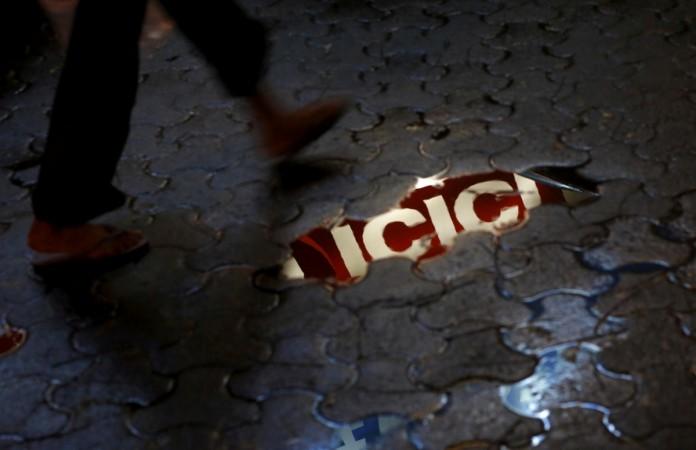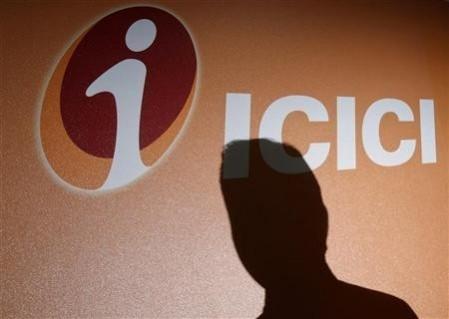
A longstanding client of ICICI Bank in Bengaluru alleges that the bank employed coercive measures to rectify an internal oversight concerning the transition of their substantial loan from a LIBOR-based rate to a standard rate.
The company, which has maintained a multi-decade relationship with ICICI Bank and has consistently met its monthly installments on a multi-crore loan secured for a central Bengaluru office building, reports that the bank's officials pressured them to transfer their banking operations to another institution. This pressure allegedly stemmed from regulatory issues arising due to the bank's failure to transition the loan within the statutory timeframe mandated for phasing out LIBOR.
The situation intensified when two company directors were abroad, and one began receiving persistent calls and messages from the bank's Regional Head of Working Capital, who allegedly under the direction of Zonal Head, urged the director to return immediately and relocate the company's loan account. Subsequently, three bank officials, including two from the credit department, visited the company's office without prior notice or clarification of their authority for such a visit, allegedly issuing threats to compel the transfer. The company asserts it possesses recordings of these interactions.
Typically, credit department personnel are responsible for assessing and managing credit risk, which may involve client visits to understand their financial standing better. However, such visits are generally prearranged and conducted transparently to maintain professional relations. In this instance, the unannounced visit without clear communication regarding its purpose has raised concerns about the bank's adherence to standard protocols.
According to the company, the bank had recommended transitioning the loan to a LIBOR-based rate, which resulted in additional costs of Rs 70 to Rs 80 lakh due to currency fluctuations. When the bank advised reverting to the standard rate, it charged a processing fee, despite the initial suggestion originating from bank officials.

This incident raises concerns about ICICI Bank's treatment of longstanding clients, particularly when internal errors occur. The bank's PR team has approached this publication, and pertinent client details will be shared to facilitate an official response.
This episode adds to a series of controversies surrounding ICICI Bank. Notably, the bank has faced allegations of using aggressive debt recovery methods, including employing recovery agents accused of harassment. Even in this instance, the bank employed a similar technique, but this time they sent their employees and a factory of them to the client's office; the recording clearly states that these employees had no solution planned for the client but had just come to direct the client to move their loan account elsewhere.
The group client soon after receiving the threat informed the local police. Before the police could arrive, the bank officials, realizing their folly, apologized for their illegal and unprofessional behavior. The client, given the long-standing relationship with the bank, did not pursue a police case in this matter. In some tragic instances, these practices have been linked to suicides, leading to legal battles and significant compensation payouts.
Not an isolated incident...
In January 2025, a Telangana farmer died by suicide inside an ICICI Bank branch in Rajanna Sircilla district after allegedly facing harassment over loan repayment, triggering widespread outrage. Former minister KT Rama Rao (KTR) called it "institutional murder," blaming banking policies for pushing farmers into distress.
In a separate incident, in May 2024, the Allahabad High Court had summoned the ICICI Bank Chairman over the bank's continued use of recovery agents, despite a Supreme Court ban on such practices. The case had stemmed from a defamation suit filed by Rahul Singh, an OCI cardholder, who had fully repaid a home loan of Rs 7.8 lakh in 2007 but was still listed as a CIBIL defaulter.
In 2013, Singh faced harassment from recovery agents, prompting him to take legal action. The court questioned why ICICI Bank engaged recovery agents and pursued legal proceedings against him years after the loan had been settled. The chairman was directed to submit a personal affidavit explaining the bank's actions.
More details on the current case are anticipated as the situation develops.
Related













